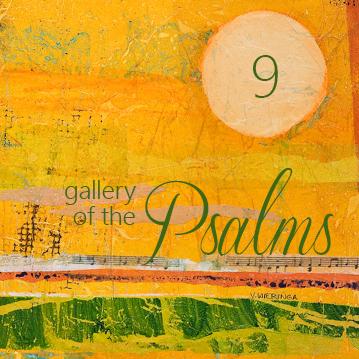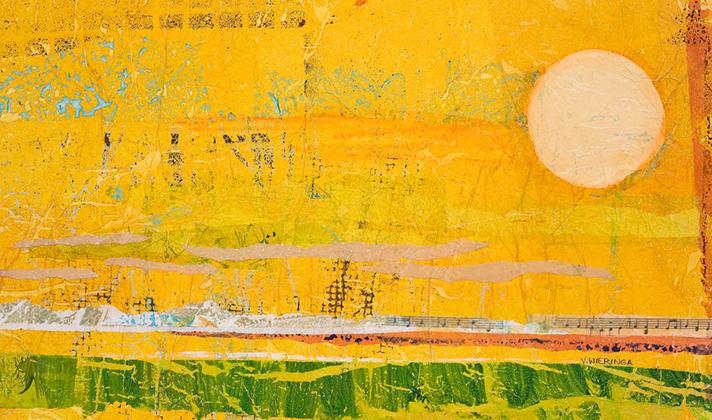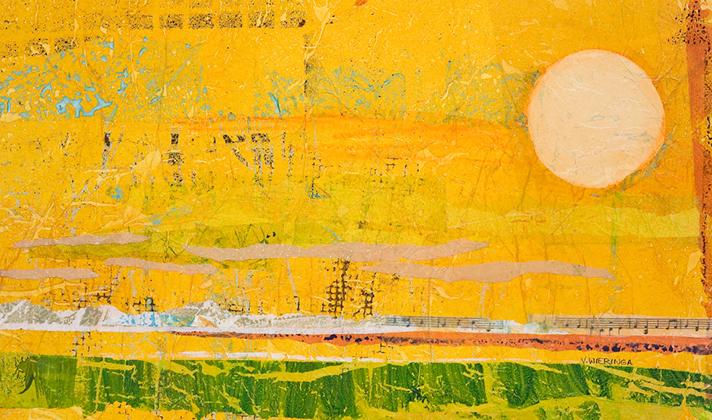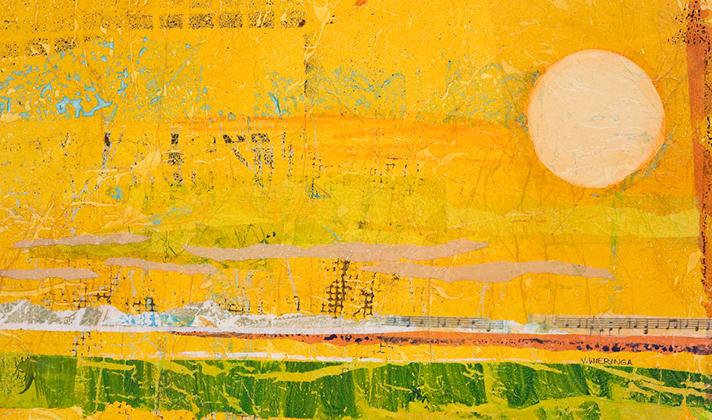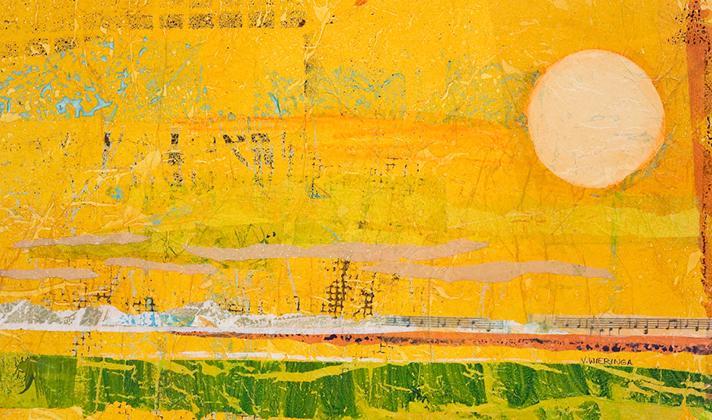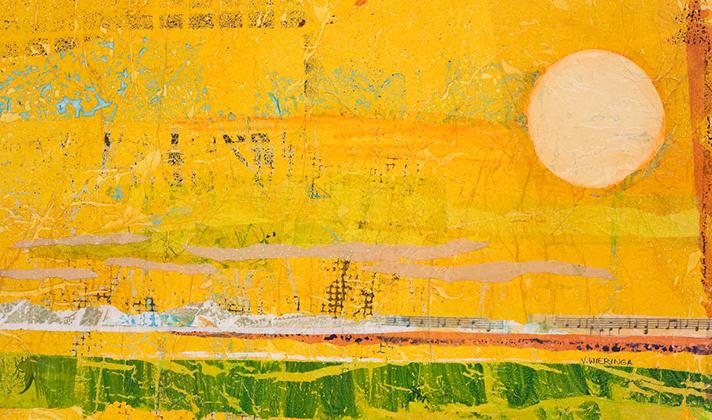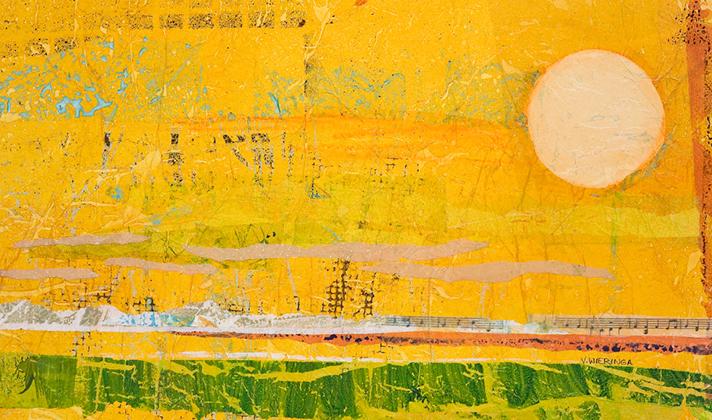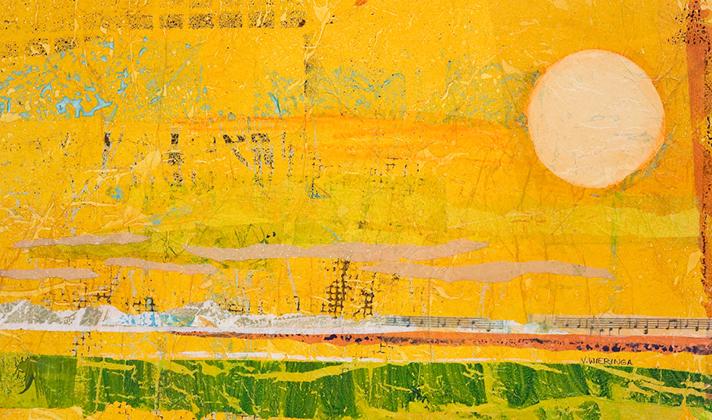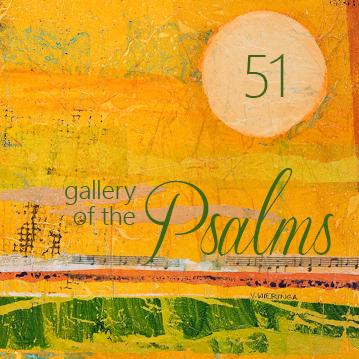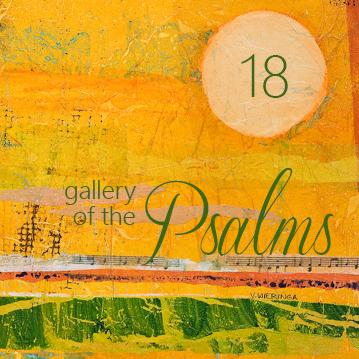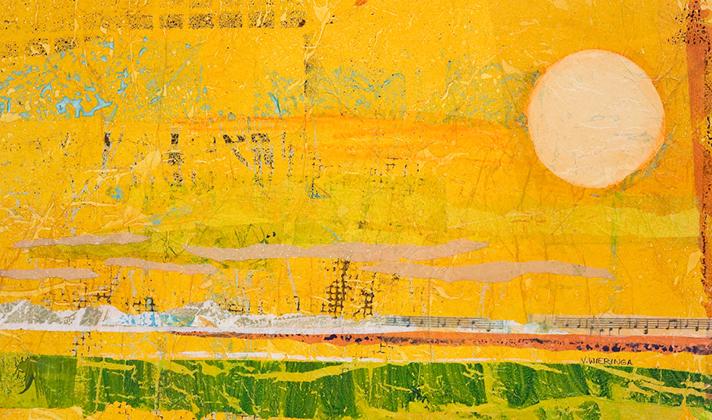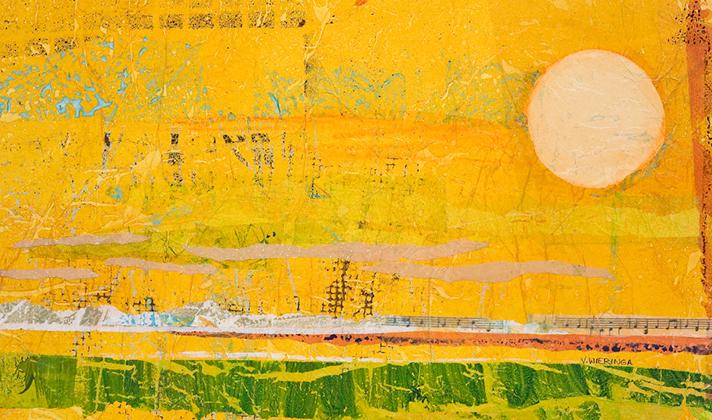Psalm 9: Trust in You
This song based on Psalm 9 was submitted by Joel Jupp, who wrote and recorded the song, and it expresses our reliance upon the Lord’s sovereignty in the midst of uncertainty.
Psalm 71: I Will Always Have Hope
This setting of Psalm 71, written and submitted by Ken Michell, focuses on the rich connection between hope and praise.
Psalm 89:1–18: Bless the Lord Forever, Amen
This setting of Psalm 89:1–18 was written and submitted by Ken Michell. It focuses on God’s covenant community praising him for his love and faithfulness.
Psalm 85: Grant Us Your Peace, Lord
Psalm 85, “Grant Us Your Peace, Lord,” submitted by Yongjiang Zhou, was written by Jacques Berthier and focuses on peace.
Psalm 51: Mercy, Lord
This setting of Psalm 51 was written and submitted by Allison Dean. It focuses on the psalmist’s plea for mercy.
Psalm 37: Acrostic
Psalm 37 is an acrostic psalm with twenty-two sections built on each letter of the Hebrew alphabet. This musical setting follows that pattern, with twenty-two “songlets.” The last four measures of each songlet can be sung in counterpoint to the first four measures of the next, creating a twenty-two-link musical chain.
Psalm 42 - 43: Hope in God
This setting of Psalms 42 and 43 was written and submitted by Travis Ham and focuses on helping believers answer waves of aching despair with an intentional refocusing on God, the help of our countenance [Ps. 42:11, ASV].
Psalm 23: Shepherd Me
This bilingual setting of Psalm 23 was written, recorded, and submitted by Josh Davis and focuses on the reality of God as pastor/shepherd of our souls.
Psalm 51: Have Mercy, Lord
This setting of Psalm 51 was submitted by David Kai, with words by Flora Litt and music by David Kai. It is a modern setting of this psalm of repentance in language, melody, and harmony.
Psalm 18: Zaboor 18
This setting of Psalm 18 was submitted by Emily R. Brink and Eric Sarwar, who prepared an English translation of the most loved psalm from the Punjabi Zaboor - Punjabi Psalter - of 1908 [Punjab is an area encompassing both eastern Pakistan and northern India]. The responsorial structure includes a refrain [v. 1] and 3 stanzas [vs. 16–19] in both the original Punjabi and in English translation.
Psalm 22: From Forsaken to Hallelujah
This expression of Psalm 22 was submitted by Ed Willmington, with lyrics by Brianna Wyatt and music by Edwin M. Willmington. The psalm begins in subdued sadness but ends in glorious worship.
Psalm 25: Good and Upright
This setting of Psalm 25 was submitted by Yellowhammer Hymns, a musical collaboration based out of Christ Church Presbyterian in Jacksonville, FL. The lyrics were written by Andy Zipf and Chuck Colson; Zipf composed the tune. The interpretation of the psalm considers the Christian’s dependence upon God for deliverance, help, and guidance from a joyous and celebratory perspective. The focus of the interpretation centers on the faithfulness and reliability of our God on whom we call in various forms of trouble, especially the personal and corporate predicament of sin.

